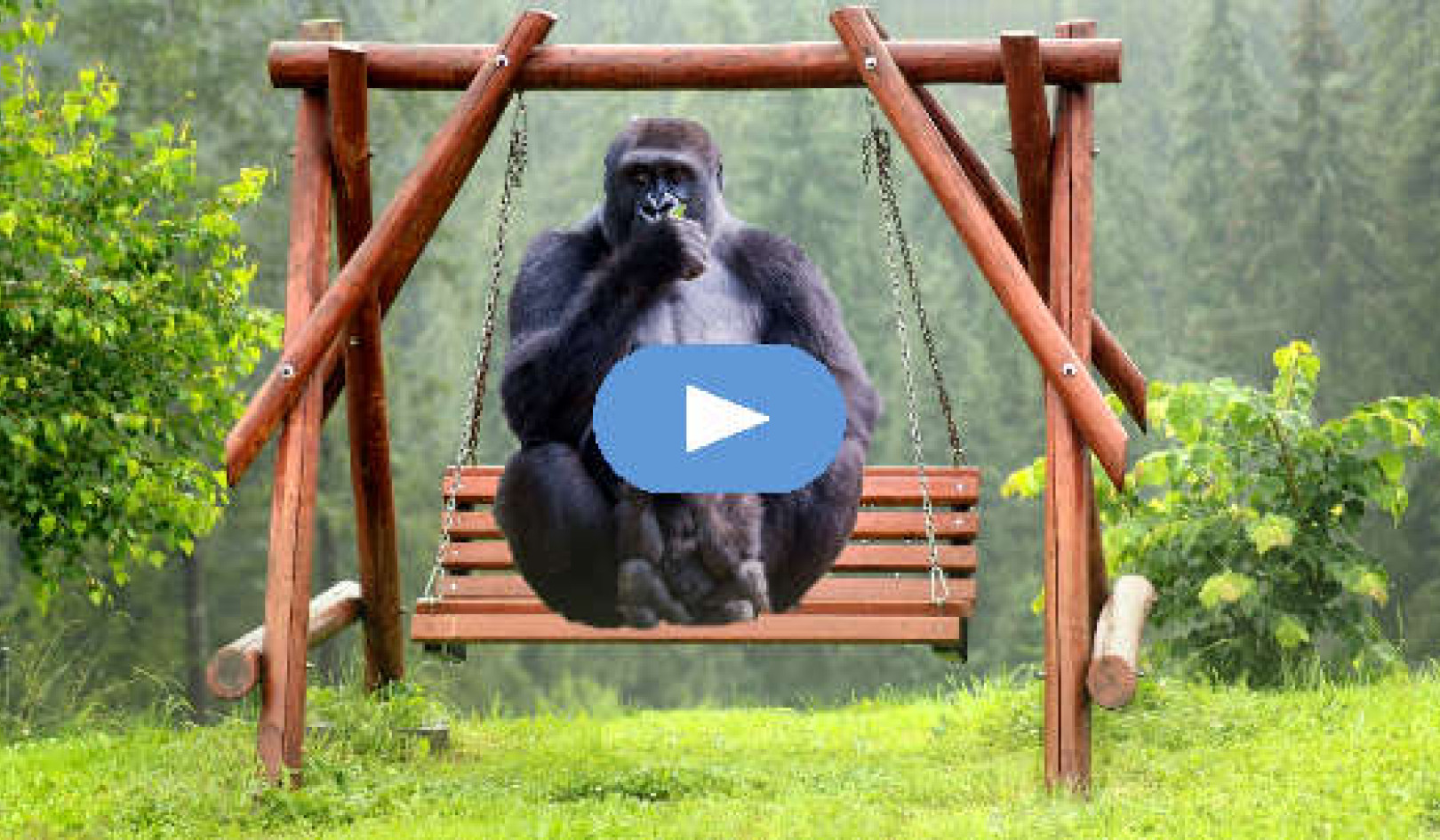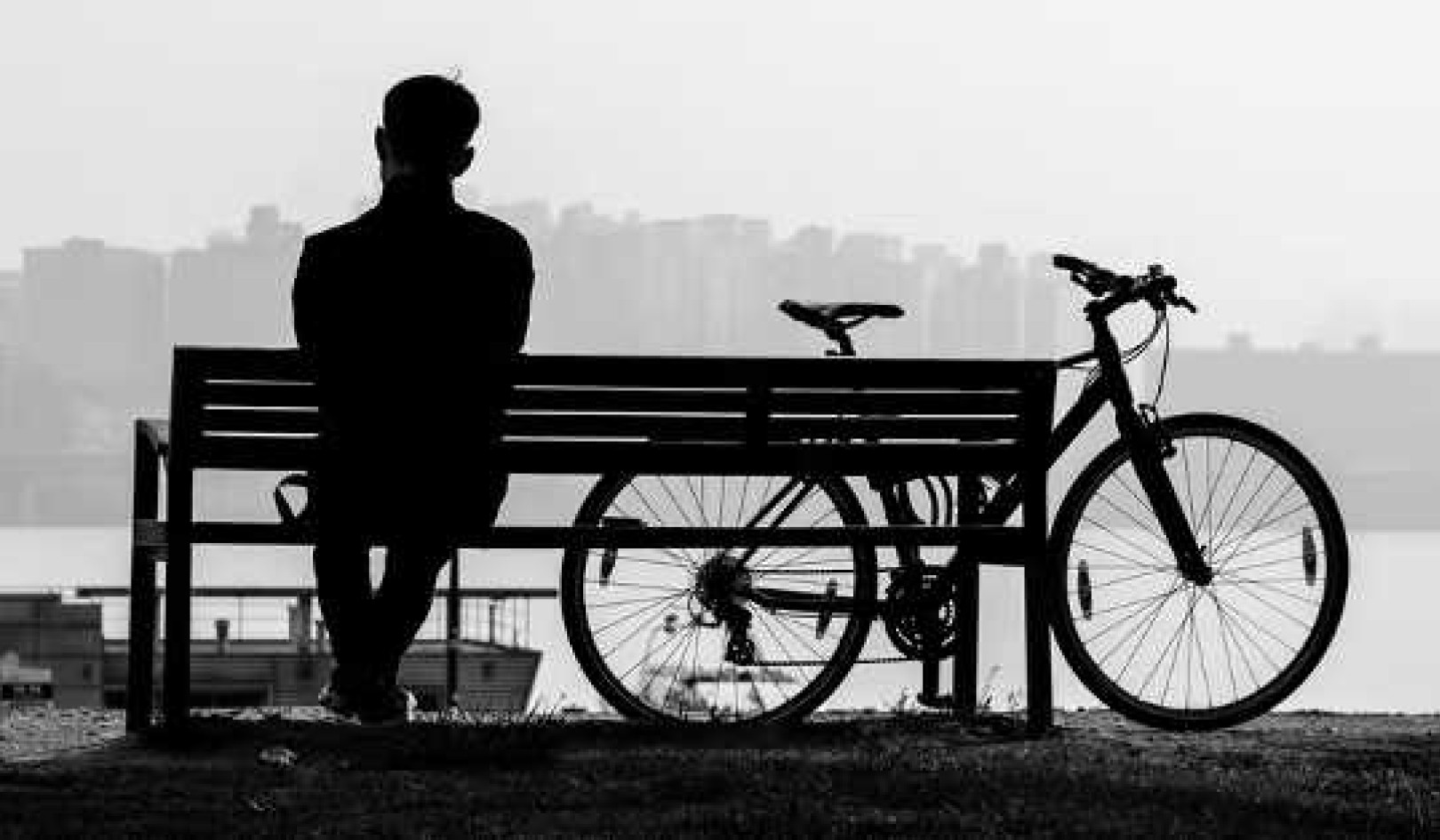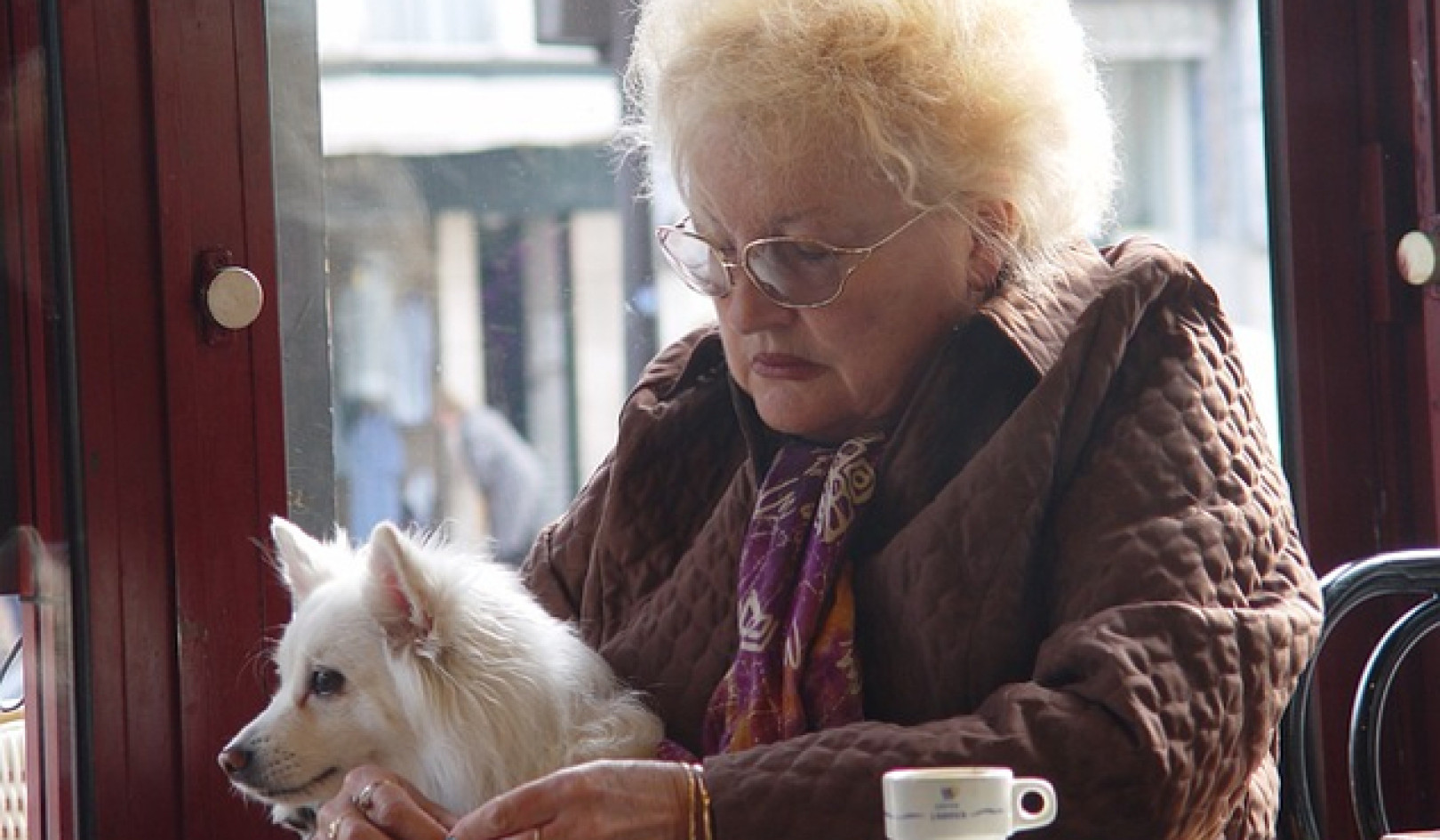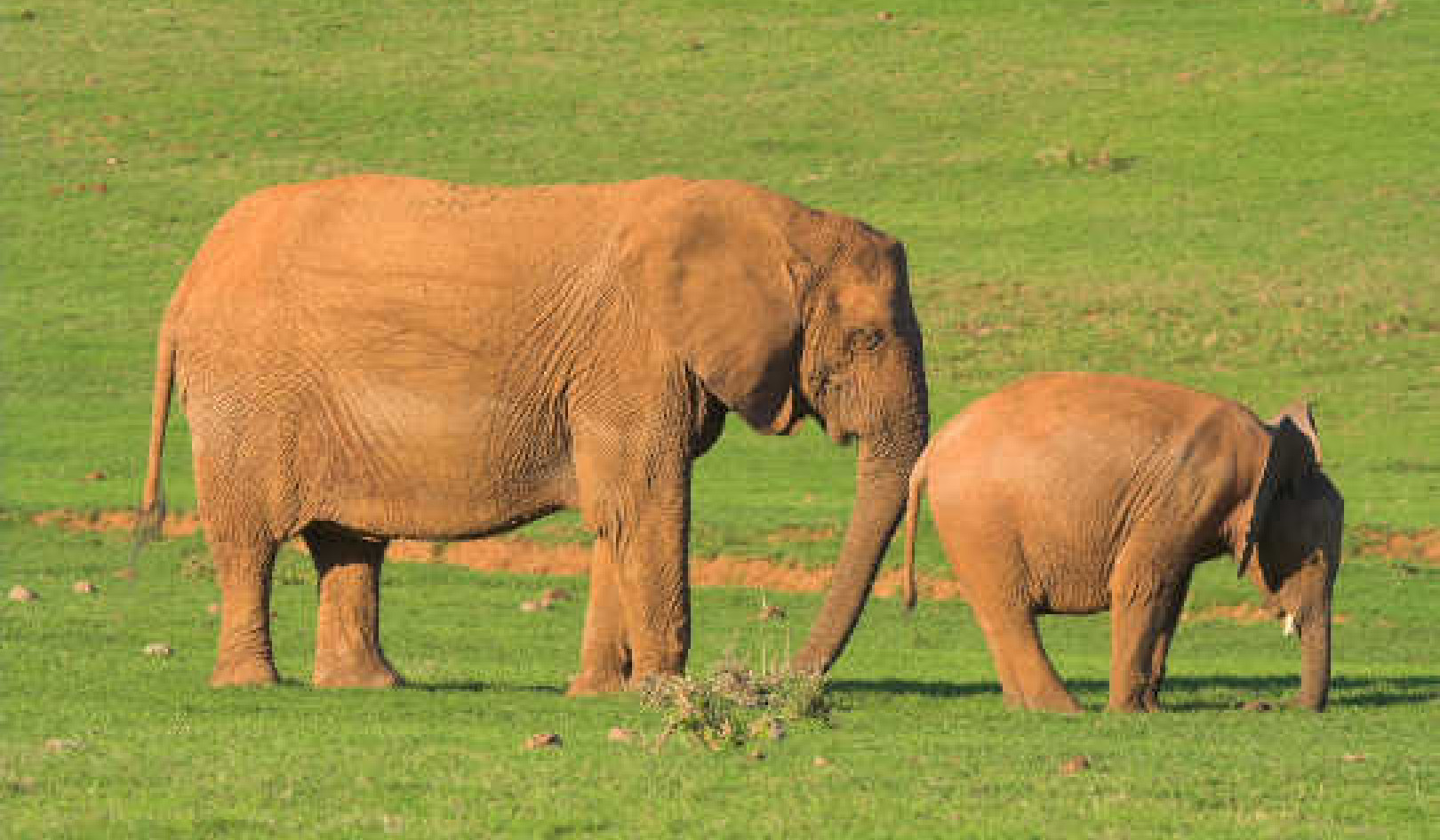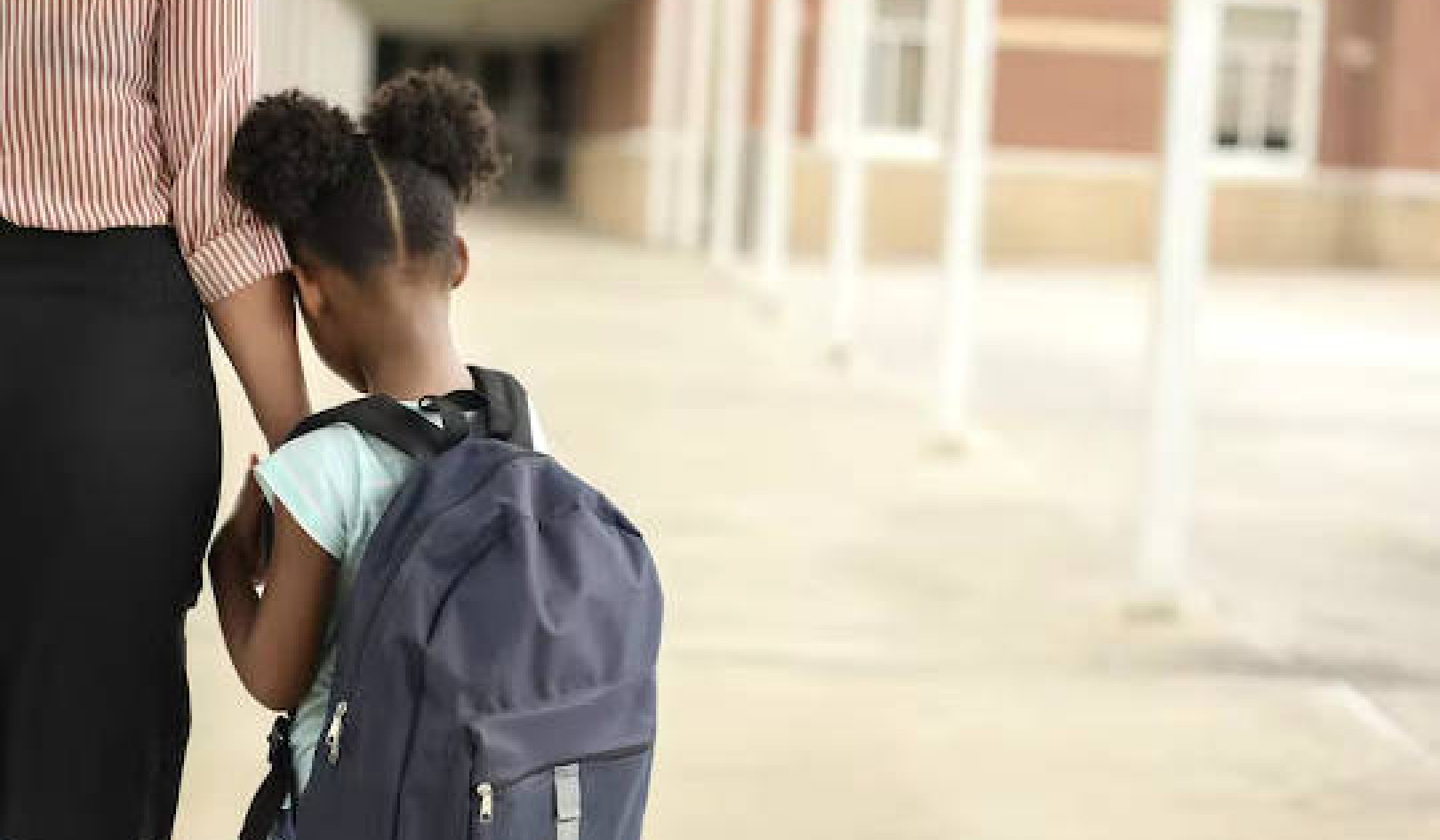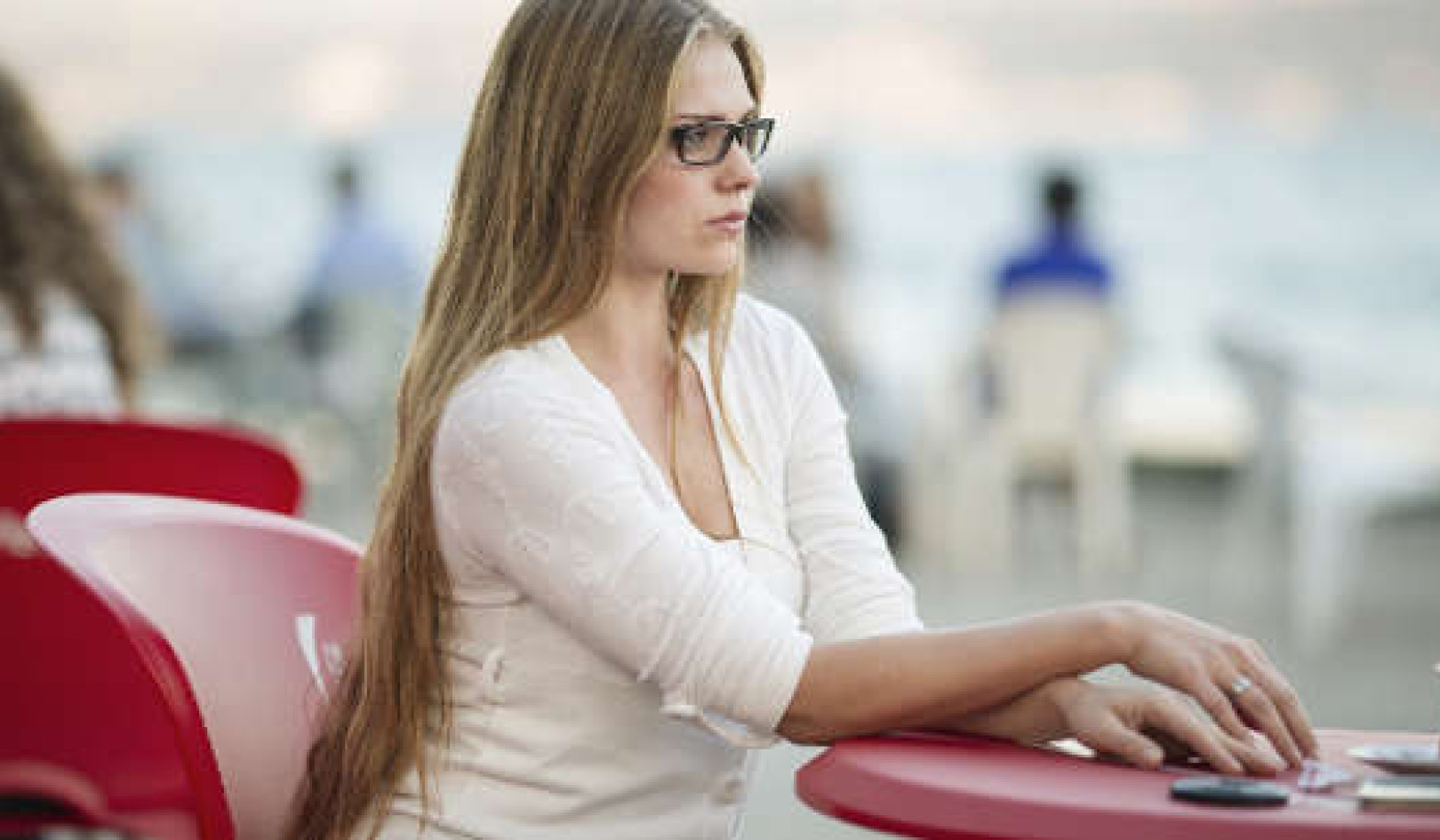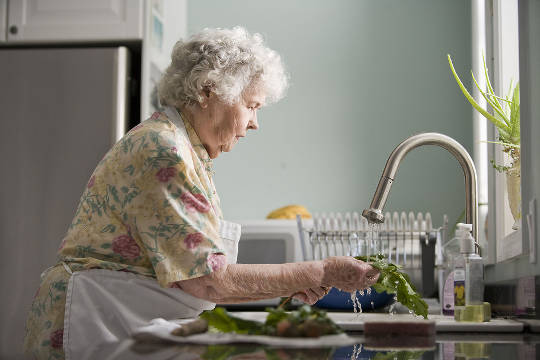
In recent years, I’ve taken countless trips to Germany. Not, unfortunately, to enjoy the scenery, but rather to care, first for my father until his death in 2013, and now for my mother, who has suffered three serious strokes, is nearly blind, and has dementia.
It so happens that I’m an only child who lives in a far-away country, with no siblings or relatives to lean on. Yet while my situation may be unusual in some respects, I know many people who have undertaken similar journeys. At some point, a role reversal occurred, and they became their parents’ caregiver.
As anyone knows who’s cared for an elderly parent, it’s not easy. It’s an unquestionably sacred and transformative task, but it can also be extremely difficult. The demands placed on caregivers are huge. They may be called upon to make difficult decisions at the turn of a dime. They may have to deal with health crises, incompetent doctors and unexpected disasters. Financial stress is a common stressor. Their parents might be stubborn, in denial, narcissistic, or just plain difficult. Unhealed childhood wounds may get ripped open, triggering inner storms of anger and grief, resentment and negativity.
And as if all that weren’t enough, there’s also the agony of having to witness the suffering of someone you love while being completely unable to help. I’ll never forget the anguish I felt when I visited my father a few weeks before his death. I found him lying in bed, as emaciated as a Holocaust victim, his face covered in black and blue bruises from a recent fall, imprisoned in a body that could no longer support him in any way. Heart-broken, I retreated to the bathroom and sobbed.
Nothing Had Prepared Me For This
Growing up, I don’t think it ever occurred to me that someday, I would be responsible for the two people I called mom and dad. Certainly the subject was never raised in school or in college. I think we all shared a vague expectation that once our parents got too old to live at home, they would move to some type of assisted living facility. We were never encouraged to think about what that might entail, or what our own role in this process might be. In our eyes, it was very simple: our parents’ role was to provide nurturance, ours to receive it.
Of course, in many animal species, that is exactly how things work: nurturance flows in one direction only: from mother to child. Yet we humans do things differently. In human societies the world over, it’s customary for the young to care for the aged. Initially, we receive nurturance, later, we also provide it. In this, our species is by no means alone. Young elephants, for example, often care for aging and demented elders with tremendous tenderness, shielding them from predators and helping them access food.
Role Reversal
Similarly, in our own species, caring for the elderly is clearly an integral part of what it means to be human. In other words, the role reversal that we may experience as our parents age is not an anomaly or an unfortunate accident. It’s to be expected. It’s the way things work. Yet because it’s rarely talked about, we’re often woefully unprepared when it happens.
How can we care for both elders and their caretakers in ways that are more compassionate and joyful? How can we conserve the goodness of the system that we have (for there is goodness in it, side by side with terrible dysfunction) while creating new models that address the needs of all generations? I’m not sure. But I trust that solutions exist, and I know that connection is the key to finding them.
Opening the Door to a New Vision
Having worked with circle gatherings for over thirty years, I know their power to unite us together around a shared intention. Therefore I would encourage you to co-create circles where you can share your hopes and dreams, knowledge and experience.
And right now, you might ask yourself: “What would I like to see happen?”
The creation of something new always begins with a vision. So open the door to your visions, speak them, share them. Together, we can create a world where all generations receive the support they need to lead rich, joyful lives.
Copyright 2018 by Jalaja Bonheim. All Rights Reserved.
Book by this Author
The Magic of Circlework: The Practice Women Around the World Are Using to Heal and Empower Themselves
by Jalaja Bonheim
 The Magic of Circlework includes the stories and voices of many women who are using Circlework to heal their lives and relationships. Anyone interested in the process of healing and evolution will love their stories of life-altering encounters and awakenings. At the same time, the author emphasizes that readers can use the principles of Circlework even if they never attend a circle gathering. Circlework is, after all, not just a group process. It's also a spiritual practice that approaches the circle as an inner healing medicine that all humans are born with.
The Magic of Circlework includes the stories and voices of many women who are using Circlework to heal their lives and relationships. Anyone interested in the process of healing and evolution will love their stories of life-altering encounters and awakenings. At the same time, the author emphasizes that readers can use the principles of Circlework even if they never attend a circle gathering. Circlework is, after all, not just a group process. It's also a spiritual practice that approaches the circle as an inner healing medicine that all humans are born with.
Click here for more info and/or to order this paperback book or purchase the Kindle edition.
About the Author
 Jalaja Bonheim, Ph.D., founder of the Institute for Circlework, is an internationally acclaimed speaker and award winning author who mentors women worldwide and has trained hundreds of circle leaders, gathering special acclaim for her groundbreaking work in the Middle East, where her circles unite Jewish and Palestinian women. She is the author of many books including The Sacred Ego: Making Peace with Ourselves and Our World which won the Nautilus Award for best book of 2015. Visit her website at www.jalajabonheim.com
Jalaja Bonheim, Ph.D., founder of the Institute for Circlework, is an internationally acclaimed speaker and award winning author who mentors women worldwide and has trained hundreds of circle leaders, gathering special acclaim for her groundbreaking work in the Middle East, where her circles unite Jewish and Palestinian women. She is the author of many books including The Sacred Ego: Making Peace with Ourselves and Our World which won the Nautilus Award for best book of 2015. Visit her website at www.jalajabonheim.com
More Books by this Author
at

Thanks for visiting InnerSelf.com, where there are 20,000+ life-altering articles promoting "New Attitudes and New Possibilities." All articles are translated into 30+ languages. Subscribe to InnerSelf Magazine, published weekly, and Marie T Russell's Daily Inspiration. InnerSelf Magazine has been published since 1985.

Thanks for visiting InnerSelf.com, where there are 20,000+ life-altering articles promoting "New Attitudes and New Possibilities." All articles are translated into 30+ languages. Subscribe to InnerSelf Magazine, published weekly, and Marie T Russell's Daily Inspiration. InnerSelf Magazine has been published since 1985.




















